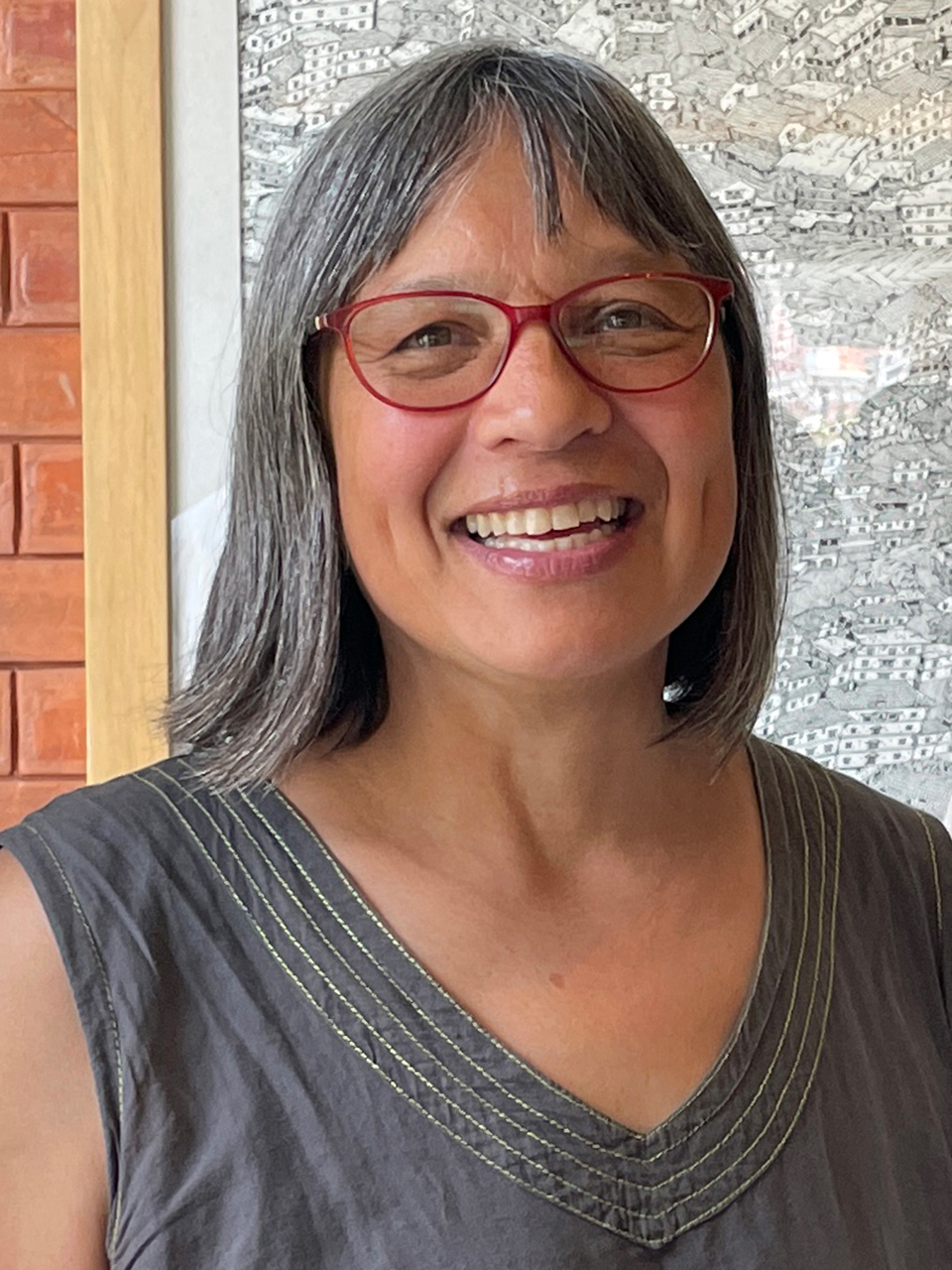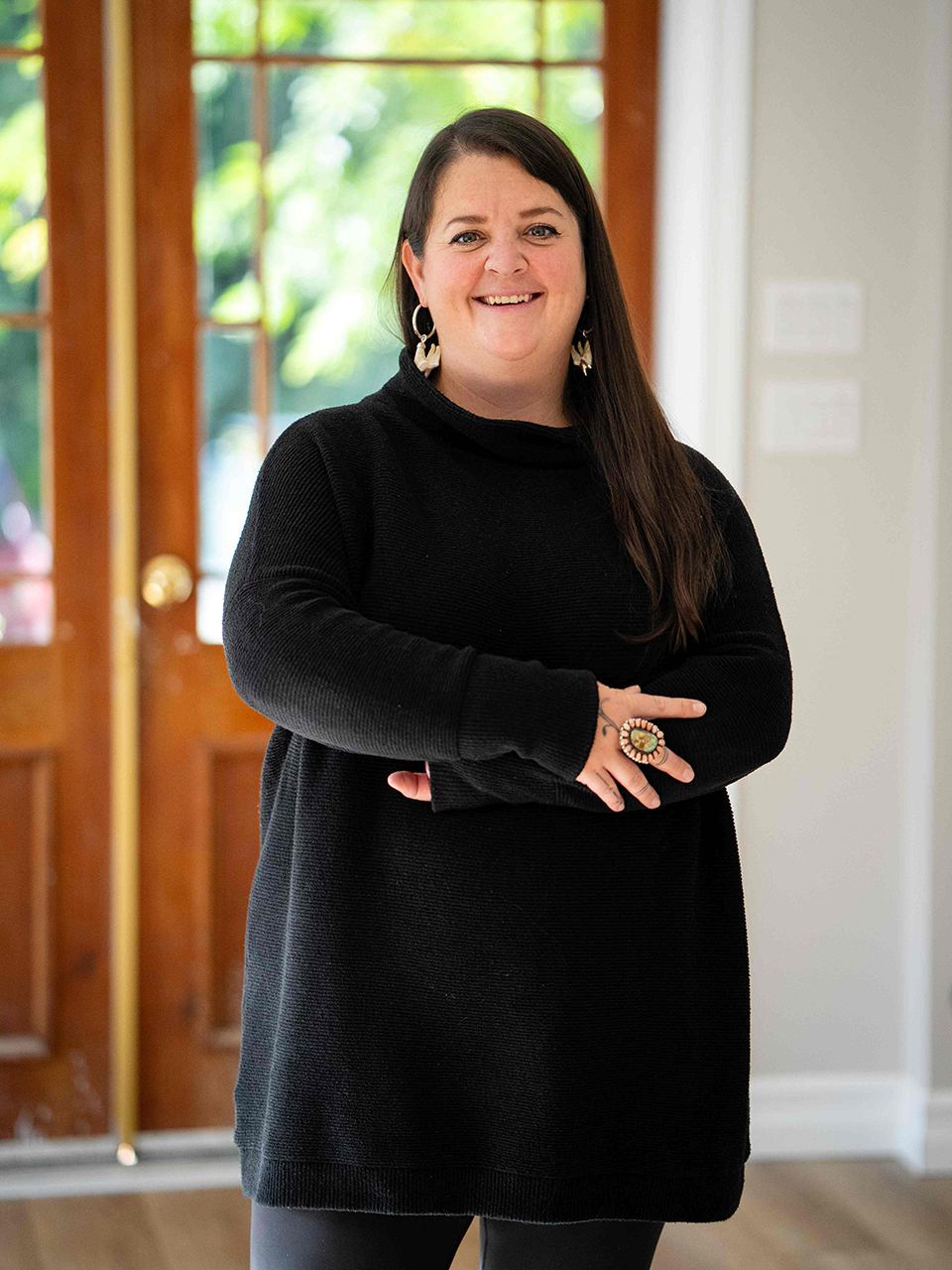Save the new date! You are invited to the 2025 KLRS Open House to be held at the Station on Saturday September 13th from 3 to 7pm.
The Arctic Institute of North America operates the Kluane Lake Research Station (KLRS). Located on the south shore of Lhù’ààn Mân (Kluane Lake), KLRS is privileged to be situated within the Traditional Territory of the Kluane First Nation (KFN) and the Champagne and Aishihik First Nations (CAFN). Research in the region often occurs within the Traditional Territories of KFN, CAFN, and the White River First Nation (WRFN).
The extreme elevation difference between Lhù’ààn Mân and the crest of the St. Elias Mountains establishes a strong gradient in environmental attributes, providing a remarkable diversity of research opportunities within a small geographical area. Researchers staying at KLRS study a variety of disciplines, including glaciology, geomorphology, geology, biology, botany, zoology, hydrology, and climatology. Over 1500 scientific papers have been published, many of which are described in the Kluane Lake Research Station bibliographic database.
Save the new date! You are invited to the 2025 KLRS Open House to be held at the Station on Saturday September 13th from 3 to 7pm.
KLRS is thrilled to welcome Leslie Leong to the Station for her two-week Kluane National Park Artist Residency.
KLRS is excited to welcome Jaymie Campbell to the Station for her two-week Kluane National Park Artist Residency.
The Kluane National Park Artist Residency is presented in partnership with Parks Canada and Yukon Arts Centre.
Since its launch in 2023, we've welcomed six artists-in-residence from across Canada.

Leslie Leong (2025)

Jaymie Campbell (2025)

Bettina Matzkuhn (2024)

Misha Donohoe (2024)

Christine Koch (2023)

Teagyn Aatagwéix'i Vallevand (2023)